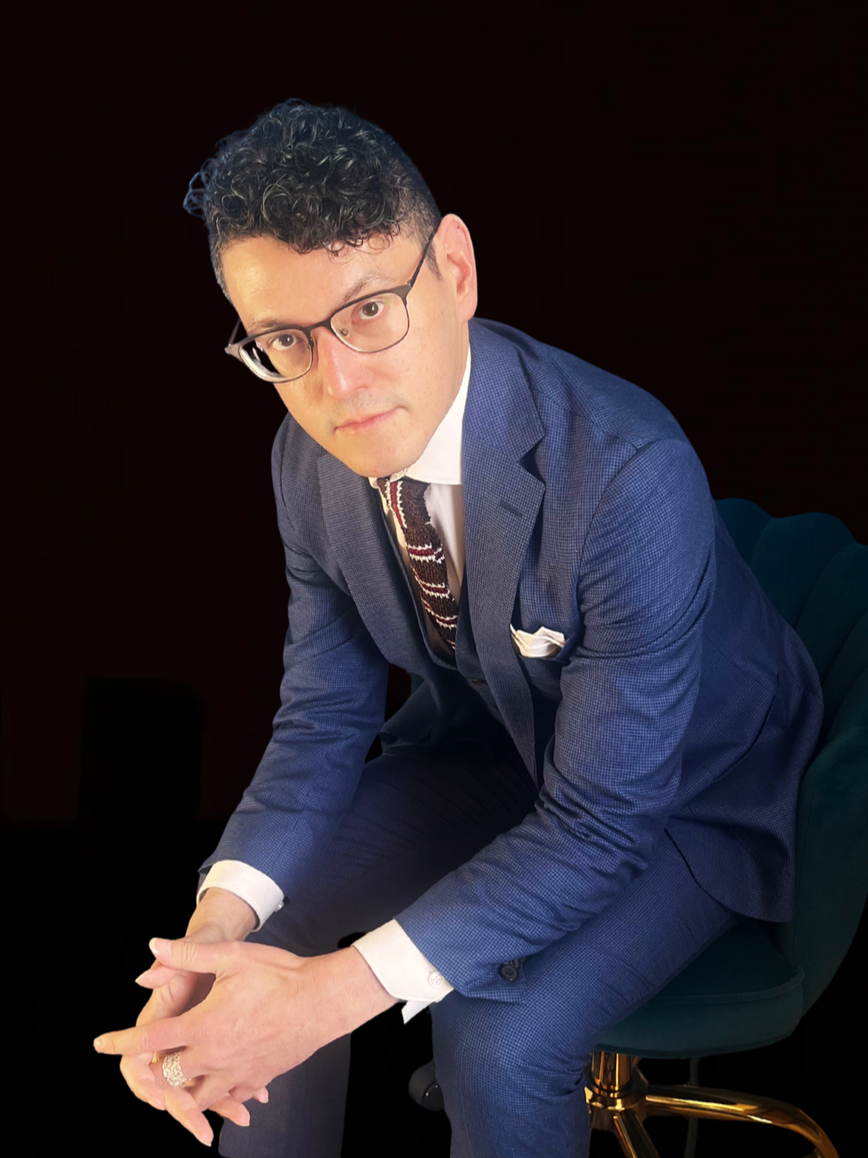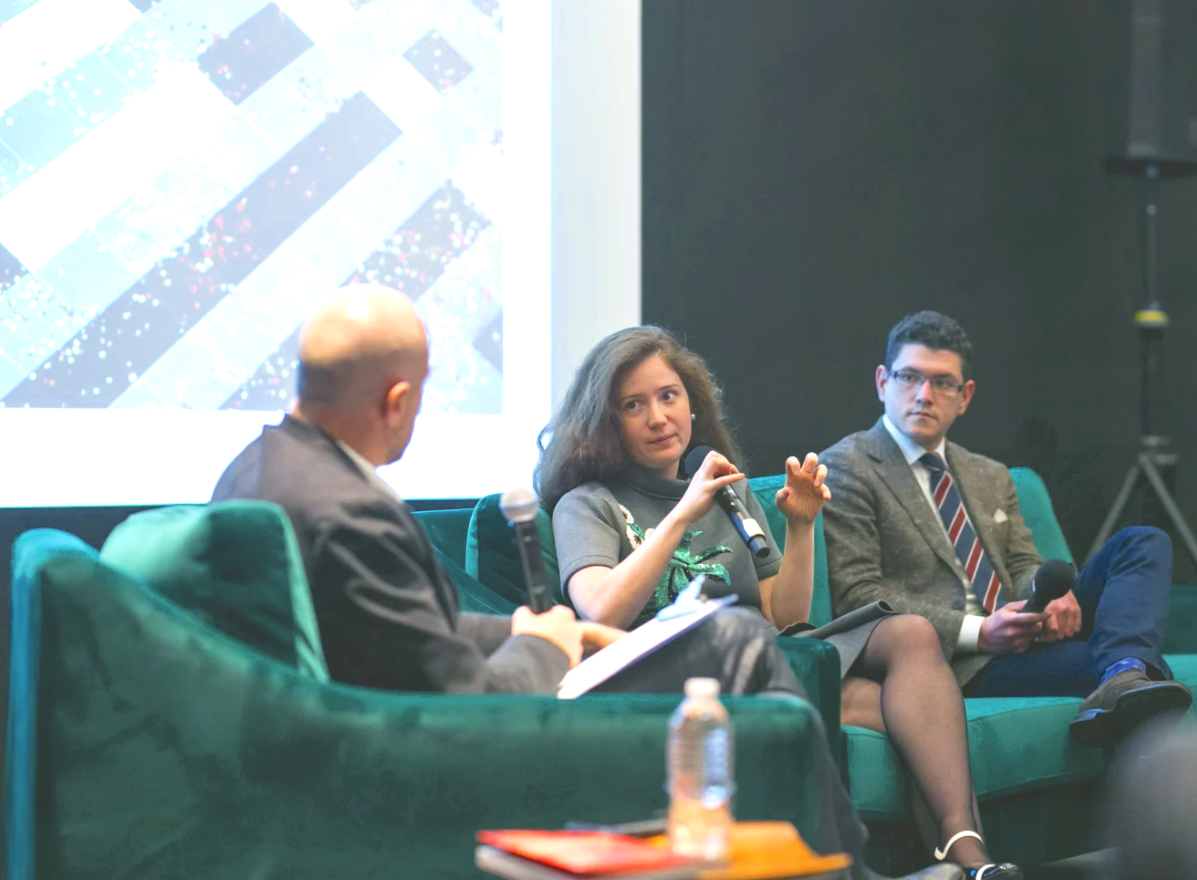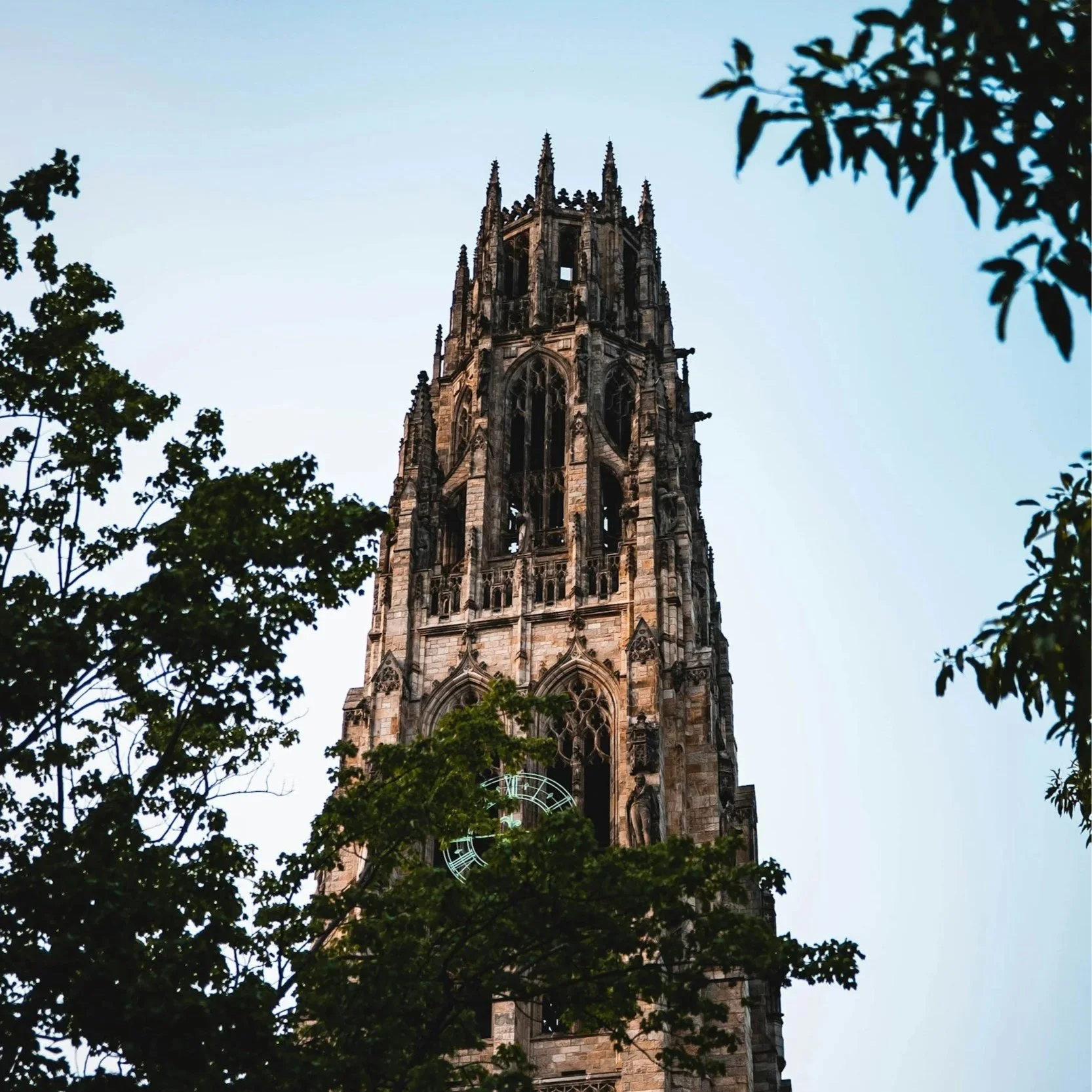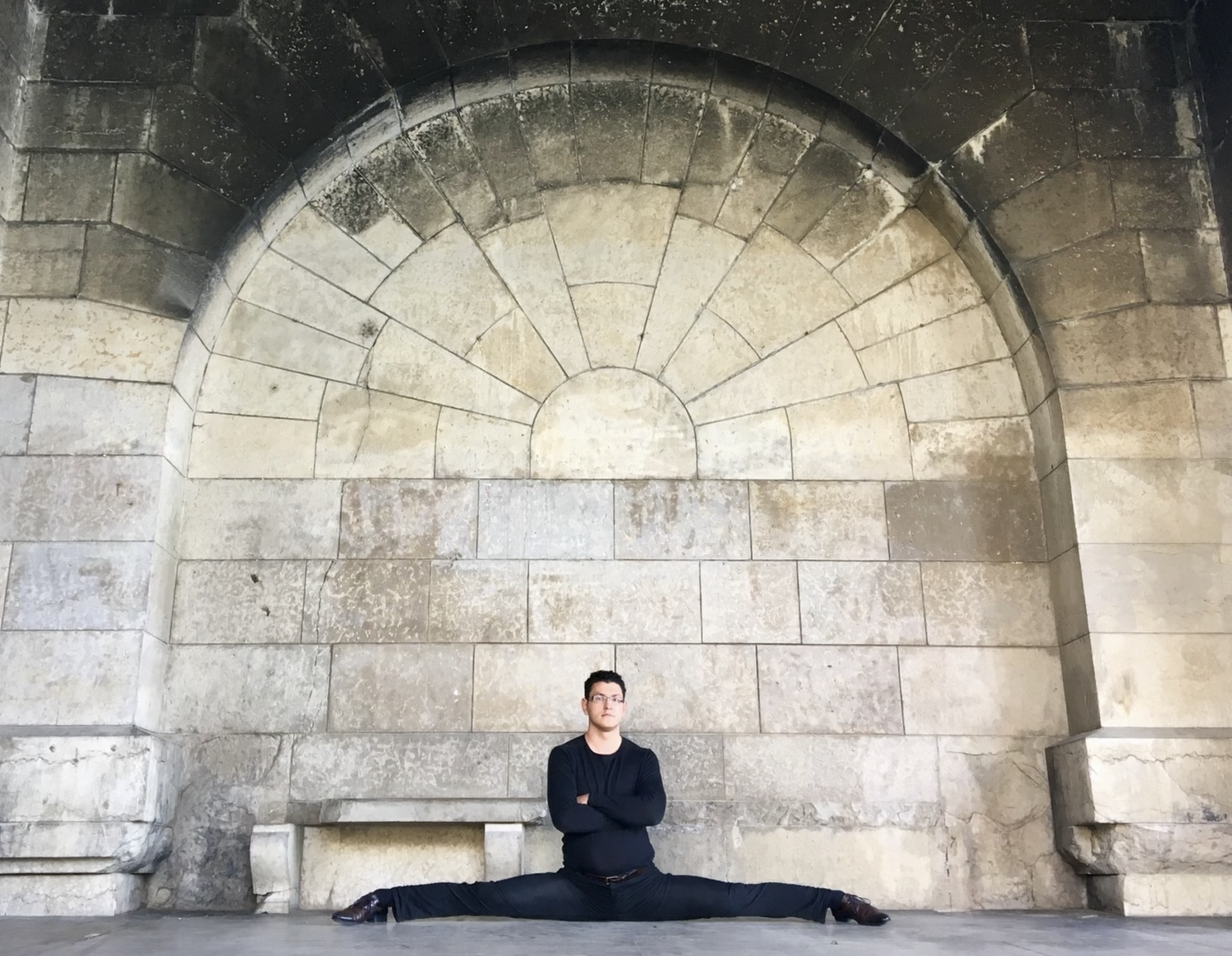Samuel Loncar earned his Ph.D. at Yale University. He is a philosopher, scholar, and consultant who works at the intersection of philsophy, religion, science, technology, and art.
His book Philosophy as Science and Relgion is forthcoming with Columbia University Press, and his scholarship has appeared in publications like Kant Studien, Religious Studie, Neue Zeitschrift für Systematische Theologie und Religions Philosophie, Metaphilosophy, and Zygon: A Journal of Religion & Science. His work has been collected or featured in The Browser, LA Review of Books, the Toynbee Prize Foundation, École normale supérieure, Paris, and the Max Plank Institute for the History of Science, Berlin. His chapter “Technology and the Superhuman: Philosophy, Magic, and Theurgy” is appearing in Embodying the Supernormal (Bloomsbury, forthcoming), edited by Loriliai Biernacki and Gregory Shaw.
Dr. Loncar is the Editor-in-Chief of the Marginalia Review of Books, where he directs the Institute for the Meanings of Science. The Institute’s current project, Meanings of Life: The New Biology, is funded by the Templeton World Charity Foundation and advances the new biological understanding of agency, purpose, and meaning in living entities. He is the co-founder of The Writing College and the creator of Becoming Human, a project making his work as a philosopher and scholar publically accessible.
Trevor Paglen, MacArthur Fellow | Sarah Mayohas, Conceptual Artist | Samuel Loncar
NYC, Cloud of Petals, Red Bull Arts
Born in Athens, Greece, Dr. Loncar’s ancestors’ diverse origins give him global roots: in Okinawa, Japan, among the Chippewa (or Ojibwe) people, and in Eastern Europe (Poland and Croatia), and motivate his mission to unite the ancient and the modern.
His work focuses on the ancient-modern continuum in metaphysics and theology, the German tradition, and the relationship between philosophy, science, technology, art, and religion. His work helps scholars, policy-makers, and the public answer questions like: What is the relationship between science, religion, and technology? Why have dominant environmentalist narratives failed to bring real change? How can true philosophy offer a better way when the old stories no longer sustain us?
As a consultant and speaker, he has worked with clients like the United Nations, Oliver Wyman, Trinity Church Wall Street, and Red Bull Arts.
His work as an interviewer includes conversations with Harvard astrophysicist Avi Loeb, writer and long-time editor at Nature, Philip Ball, philosopher Emily Herring, author of Herad of a Restless World: How Henri Bergson Brought Philosophy to the People, and the poet, theologian, and host of NPR’s Poetry Unbound, Pádraig Ó Tuama.
Dr. Loncar has taught in Europe and America, and his writing has been read at Google, assigned in classes and universities across the world, and translated into Chinese, Portuguese and Farsi.
His writing and teaching seek to respect life in all forms, and they integrate a respect for scientific precision with the richness of lived experience and deep historical memory.
As a scholar with global interests, Dr. Loncar teaches in the history of ancient, medieval, and modern philosophy as well as historical and systematic theology, religious studies, and the history and philosophy of science.
Dr. Loncar has over 25 years of training in martial arts practice, which he began studying as a boy in Korea with Grand Master Mun, who trained Chuck Norris, and Sensei Marcus DiValentino.
His martial arts practice focuses on creating peace, diffusing conflict, and healing physical and psychic wounds. Physical fitness is essential for sound reasoning and self-mastery and a core part of the philsophical way of life. Physical training disciplines the will, sharpens focus, and fosters endurance to ensure the body supports the mind’s pursuit of truth and the spirit’s quest for meaning.
Dr. Loncar’s long-term BioPoetics™ consulting clients train in martial arts, yoga, and other bodyart practices.
“One rainy day on a tiny Okinawa island called Yagaji, my grandmother, Akiko Furugen Kasprzak, set my feet on the path of philosophy because of her piety.
All of my work is dedicated to her life and memory.”
-Samuel Loncar, Ph.D.
(1935-2024)




